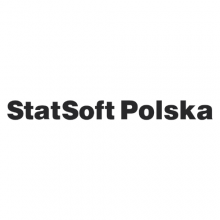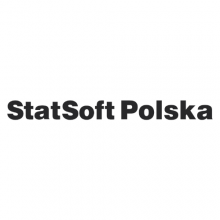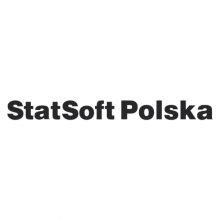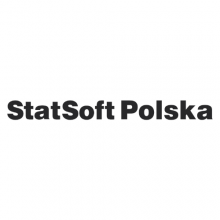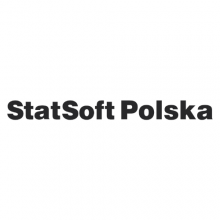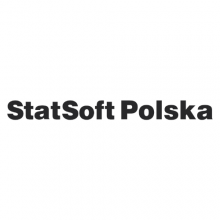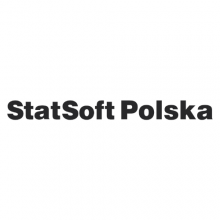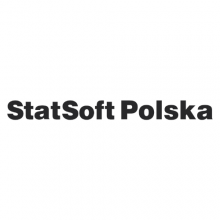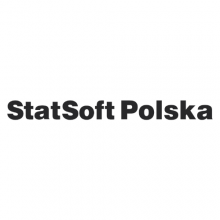Training objectives
- Preparing the participants to independently implement simple improvement projects according to the Six Sigma methodology.
- The main part of the training is devoted to presentations on how to implement the different stages of a Six Sigma project and which tools to use at these stages.
- While discussing the individual stages and tools, exercises are carried out using the specialized Minitab statistical package.
Estimated contribution of the practical part: 60%
Duration: 3 days for 7 h
Programme and exercises
PART I DAY I
1 Introduction to Six Sigma:
- What is Six Sigma?
- Examples from companies that have launched Six Sigma programmes.
- Projects as a way of making improvements.
- The concept of the 'hidden factory'.
- How quality and performance are measured in Six Sigma (RTY).
- Poor quality costs.
- Roles and responsibilities in Six Sigma system.
- Green Belt certification conditions.
2 Fundamentals of statistics:
- The nature and causes of variability.
- Systemic and special causes of variability.
- Data types.
- Parameters of descriptive statistics.
- Charts: histogram, Dotplot, Boxpolt, ScatterPlot, Matrixplot, control charts.
- The concept of normal distribution and standard deviation.
- Calculating probability for a normal distribution.
PART I DAY II
1 Six Sigma methodology:
- DMAIC methodology.
- Identification of the company's problems.
- Prioritisation, selection and definition of improvement projects.
2 Six Sigma project stages:
PHASE 1 - DEFINE (project)
- Preparation of a Project Charter.
- Formulating the problem and purpose of the project.
- Project scope.
- Milestones.
- SIPOC diagram.
- Defining CTQ parameters.
PART I DAY III
1 Six Sigma project stages:
PHASE 2 - MEASURE (current status)
- Transition from external CTQ to internal Y.
- Data collection plan.
- MSA - Measurement system validation (Gage R&R).
- Process stability study.
- Determining the current capacity of the process: Cp, Cpk, Pp, Ppk, DPMO, Sigma level of the process.
- Interpretation of the results.
2 Implementation of the pilot project:
- Pre-selection of pilot projects by participants, definition of Project Charter and data collection plan.
- Individual work.
BREAK FOR IMPLEMENTATION OF THE PILOT PROJECT (approx. 1 month)

































